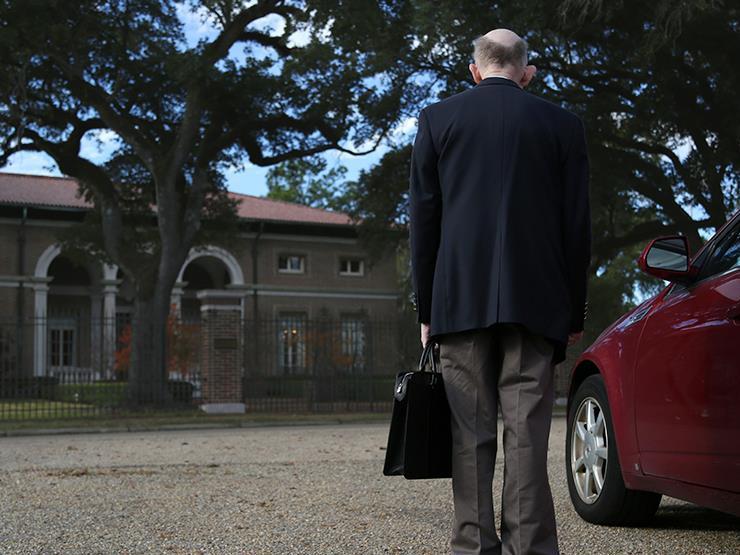A man ambles around a craft store, amassing the standard supplies needed to create an artwork, as well as the frame to house it in. At home, he puts the materials to use – not towards a new painting, but in fashioning a forgery. Making fakes is Mark Landis’ game, as is giving them to art institutions. Posing as a philanthropist, peddling a story of inheritance from a relative, and sometimes using pseudonyms, he parts with his creations freely, seeking no form of compensation for his donation.
In painstakingly recreating famed works, but passing them along without profit, where do Landis’ actions sit on the ethical and legal spectrum? Matthew Leininger, chief registrar at the Cincinnati Museum, is adamant about his fraudulent wrongdoing, spending four years trying to bring the counterfeiter to justice. With more than 100 pieces given to at least 46 museums across 20 states over 30 years, there’s no shortage of embarrassed and enraged others that share Leininger’s view. To curators around the U.S., his deeds are seen as thrill seeking and exhibitionist, revelling in duping gallery staff and seeing replicas put on display.
As fascinating as an art-world account of a prolific offender battling his angry persecutors might have proven, there’s more to Art and Craft than initial appearances intimate. Like all engaging true stories, Landis’ is one of many shades and few easy answers, every aspect defying clear categorisation. Indeed, the reality of the man – soft-spoken and polite, suffering from schizophrenia and clearly missing his deceased mother – contrasts with the perception of him as a calculating criminal. Landis enjoys his art and likes being thought of favourably for his gifts. His justification is simple: “Nothing is original under the sun. Everything comes back to something,” he offers.
Delving into dual perspectives, Art and Craft thus tells a tale of two men; however it also underscores the oft-espoused adage that appearances can be deceiving. A fitting sentiment for a effort about forgery, of course, and one that the feature heavily emphasises – yet, amidst the obvious posturing, it is Landis that retains interest. The access afforded the filmmakers is significant, and their work is at its best when simply observing him going about his routine rather than editorialising. That sympathies sit with him is an obvious outcome of the documentary’s construction, but earned by Landis’ unique and eccentric presence.
Leininger’s quest may not have cast Landis into the villainous role he originally intended, but it did bring about the film. A New York Times article about his crusade brought Landis to the attention of If a Tree Falls: A Story of the Earth Liberation Front’s Sam Cullman and Pressure Cooker’s Jennifer Grausman and Mark Becker, and a portrait of an unlikely con artist was born. Alas, what the feature boasts in intrigue, it lacks in its execution. In a curious counterpoint to its reality versus illusion message, Arts and Crafts falls into the trap common in documentary filmmaking: offering an absorbing dissection and thoughtful questions, yet depicting its subject with standard visuals.
Rating: 3 stars out of 5Art and Craft
Directors: Sam Cullman, Jennifer Grausman and Mark Becker
USA, 2014, 89 mins
Antenna Documentary Film Festival 2014
www.antennafestival.org
Sydney: 14 – 19 October
Actors:
Director:
Format:
Country:
Release:





